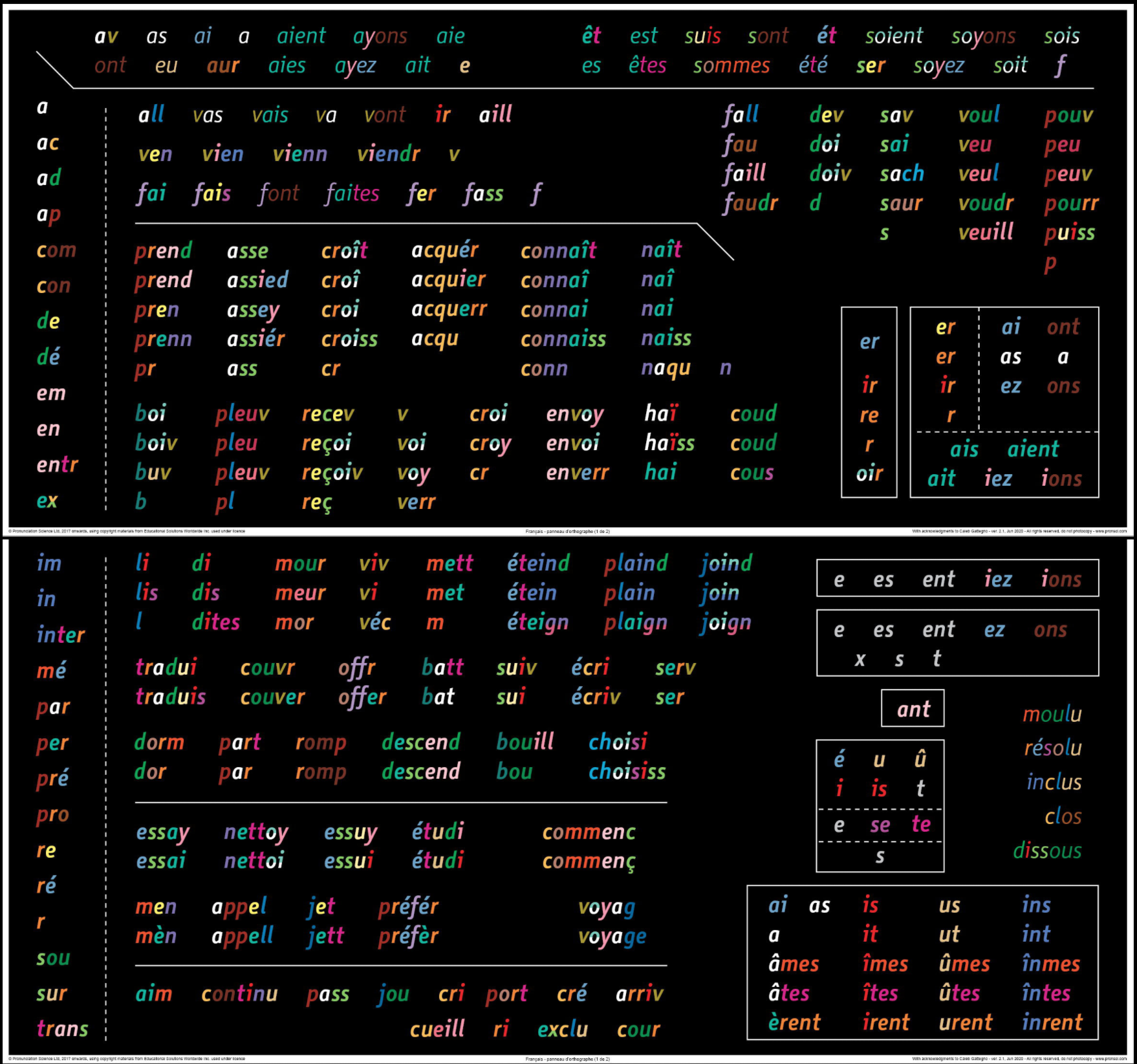As a student learning a new language, you may feel overwhelmed with the idea of memorizing an entire vocabulary list. The truth is, memorization is not the most effective way to learn a language. It can be time-consuming, draining, and unreliable as we easily forget what we memorized. But don’t worry, there is a better way to learn a language, and that is through familiarity.

The Power of Natural Retention
We all have the power of natural retention. It’s the ability to remember things without conscious effort. We can recognize places, hum a childhood lullaby, or recall the taste of a particular meal. This power of natural retention is what enables us to ‘just know’ thousands and thousands of words in our native language and to continue growing our vocabulary day by day.
Learning by Experience
Learning a language is not about memorization but rather allowing yourself to experience it. That’s why classrooms don’t rely on vocabulary lists or tests. Instead, they use word charts showing functional vocabulary on the walls of the classroom. Students can see the words, find what they need, and use them to express their thoughts. By using the words repeatedly, they’ll retain them naturally.
Focus on Functional Vocabulary First
As a student, it’s important to focus on functional vocabulary first. This includes words that are necessary for most sentences, such as “the”, “for”, “are” or “if”. Once you have a good grasp of pronunciation and functional vocabulary, you can then move on to content or topic words. Even at this stage, it’s better to grow vocabulary in context than try to learn long lists of words.
Growing Vocabulary in Context
Learning a language in context is essential for vocabulary growth. When you learn words in context, you not only understand their meaning but also their usage. This way, you can use them naturally in conversations, making the learning process more effective and enjoyable. Reading books, watching movies, and having conversations with native speakers are great ways to learn a language in context.
In conclusion, learning a language is about familiarity, not memorization. You don’t need to rely on vocabulary lists or tests to learn a language. Instead, focus on functional vocabulary first and grow your vocabulary in context. With patience and practice, you’ll be able to communicate in your target language naturally and confidently.





Leave a Reply